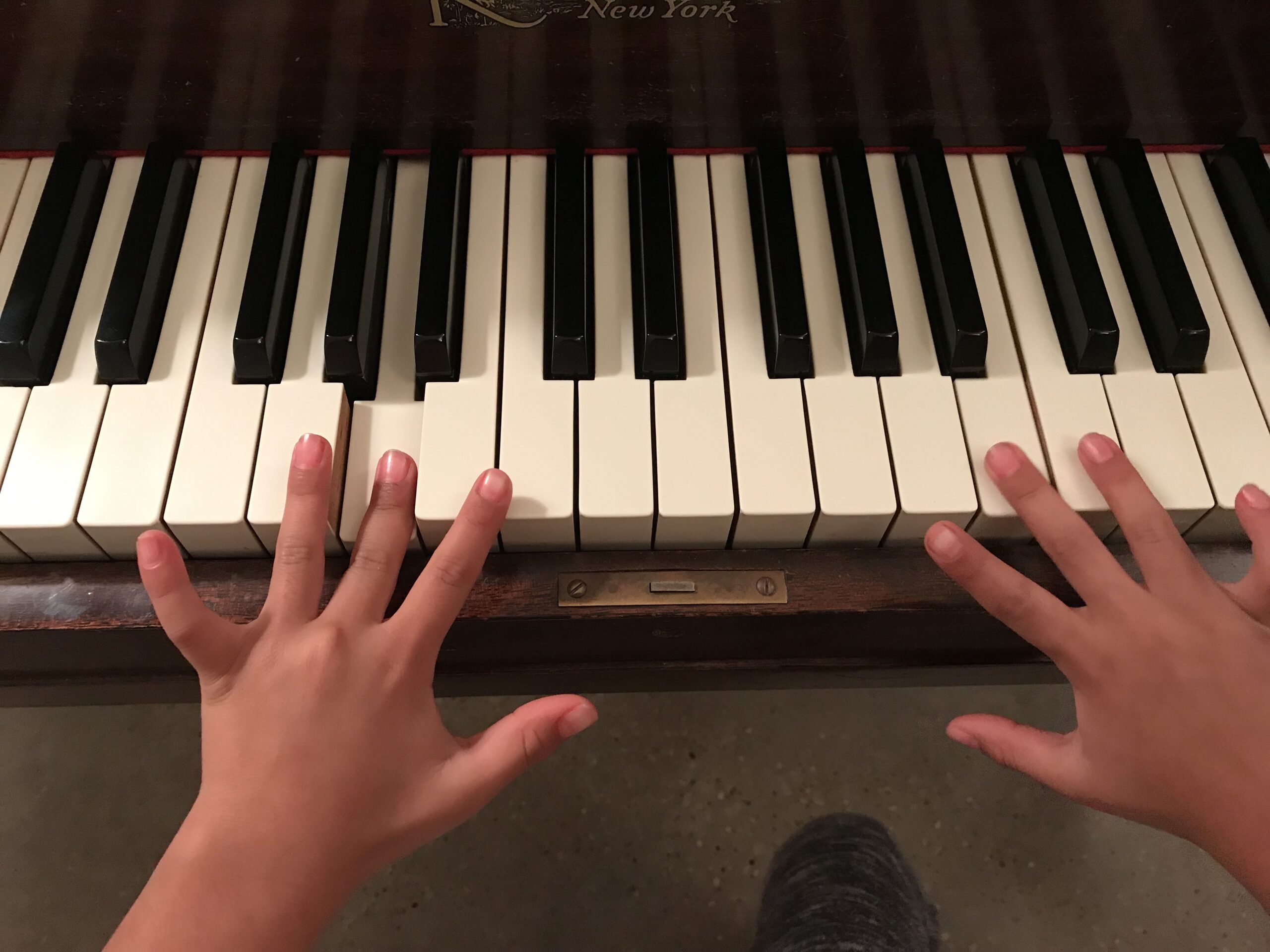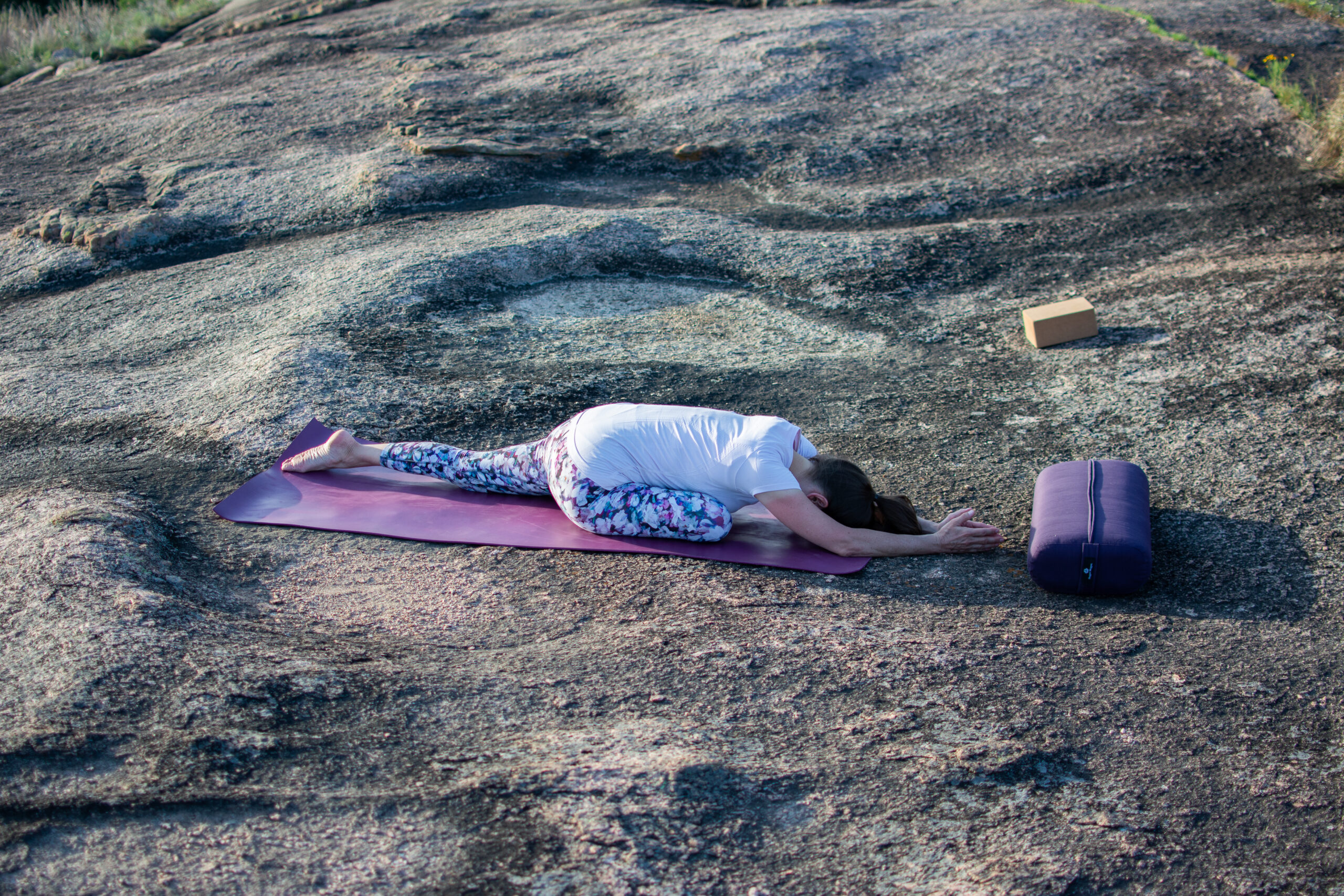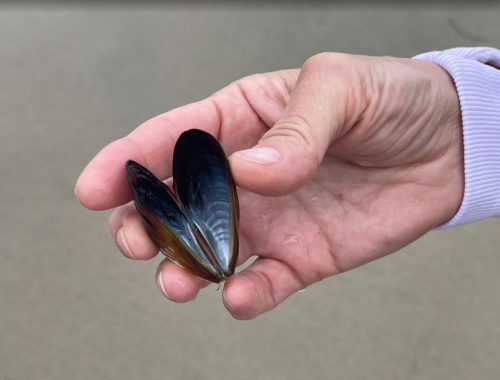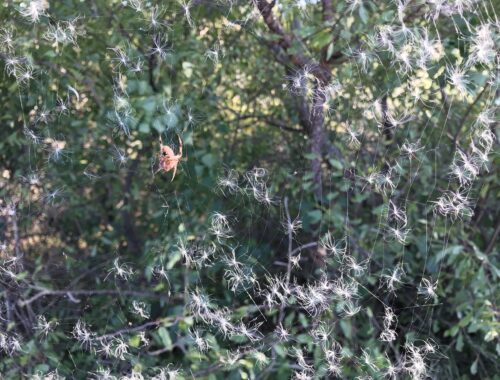
Gen Hope
In the past few years, there has been an anti-bullying effort in schools. When I was a substitute teacher—often assigned to stand in for the instructional aides who work one-on-one with special education students when they’re integrated into a classroom—I witnessed more (and far too many) incidents of teacher-to-student bullying than I ever saw student-to-student bullying, from my place at the side of those potentially most vulnerable to being targeted. As someone who was myself the target of severe, increasing, and ultimately violent peer bullying from fifth through ninth grades, I was amazed and relieved to see children and adolescents in widely diverse classrooms accepting each other’s individuality with ease, and even pride, as they explained their classmates to me, the outsider, the stranger, the substitute for the day. “He has anger management issues,” they said, without frowning or judging or mocking. “She says those things sometimes; she has Tourette’s.” Or, “That’s who she is,” for the child on the autism spectrum with laser-focused behavior. Back in the day, it was enough to wear glasses.
I think about this contrast as I explore the Pew Research Center’s non-partisan studies and statistics on people in the U.S. and around the world, including Pew’s episodic reviews of generational attitudes toward one or another social or political topic. As I comb through the reports, I’m almost always embarrassed and sometimes appalled by my own Gen X-demographic’s opinions and positions (and even more so of the Boomer’s and the Silent’s) and reminded again of why I admire and agree with my Millennial and Gen Z children—and also my tail-end-of-Gen-Z granddaughter, who is among the wonderful eight year olds in the world. As a group, they’re more inclusive, kinder, and accepting than those of us (as a group) who are older than they are. I want to be more like them. I want to take good care of them and the world they’re inheriting. I want to, in Layla Saad’s and Bina Venkataraman’s words, “Be a good ancestor,” and not just of my own descendants, but of everyone’s.




